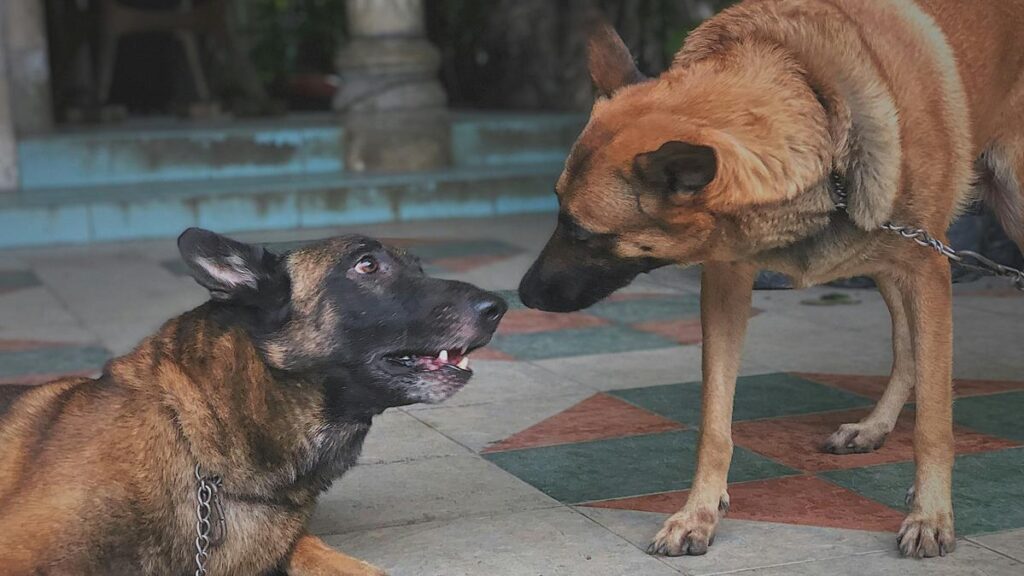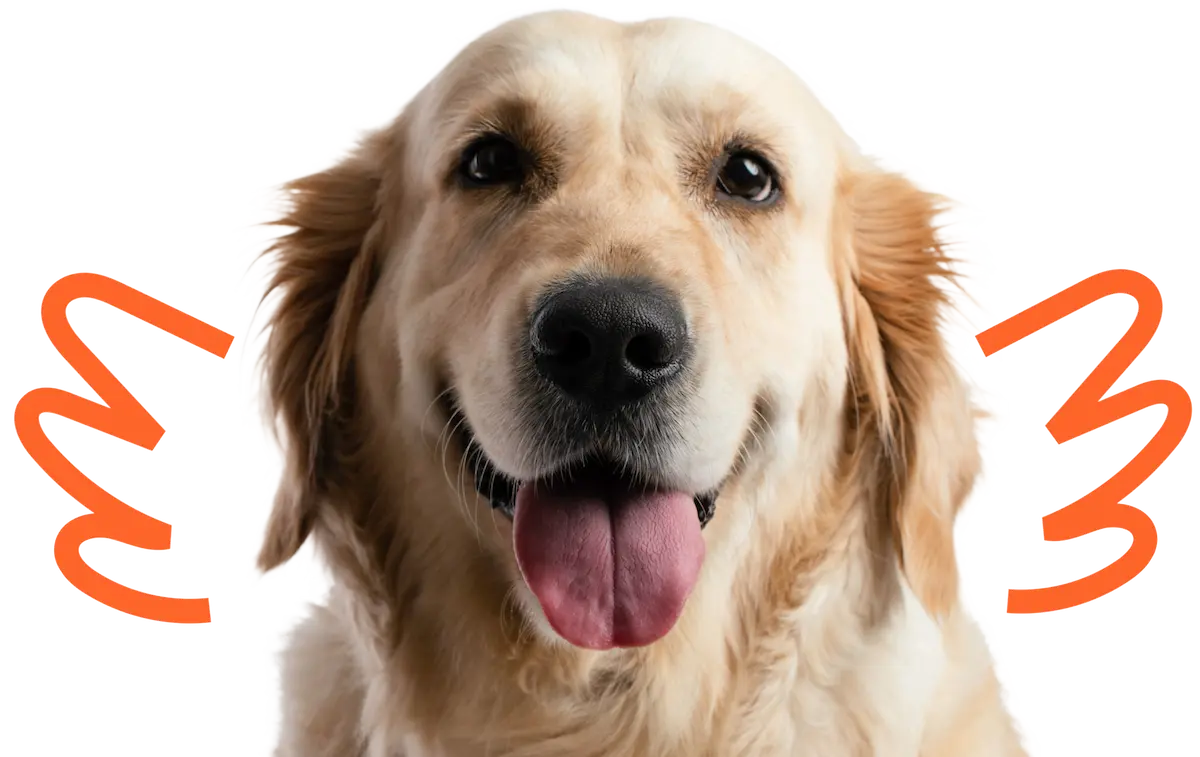Your daily walks with your dog are meant to be a source of joy, relaxation, and a bit of cheeky tail-wagging fun. However, what if those walks have suddenly become stressful because your dog has started acting aggressively toward other dogs? Many owners find themselves asking, “Why is my dog aggressive to other dogs on walks all of a sudden?” If you are feeling worried, confused, or a touch embarrassed after a tense encounter in the park, you are not alone. Let us walk through why this behaviour might pop up, what it could mean for your four-legged friend, and, most importantly, what you can do to restore peace on your outings.
Recognising Sudden Aggression: What Does It Look Like?
Dogs communicate in countless subtle (and not-so-subtle) ways. Aggression on walks might look different from one dog to the next. Classic signs include barking, lunging, growling, raised hackles, and even snapping or biting attempts when another dog comes near. Sometimes, what seems like aggression starts with more subtle body language – stiff posture, low growls, or a fixed stare. If your dog has recently started showing these behaviours, even though walks were previously uneventful, it is vital to pay attention both for your safety and others.
Of course, as fellow dog lovers, we know how upsetting it can be when our friendly companion suddenly turns into the neighbourhood tough guy. Let us explore what might be triggering this change before feelings of shame or frustration set in.
Common Reasons Dogs Become Aggressive Toward Other Dogs on Walks
- Fear or Anxiety: Previous negative experiences, such as being attacked or startled by another dog, can make your pet more defensive on walks.
- Territorial Behaviour: Some dogs feel the urge to guard what they consider “their” path or territory, even public parks or familiar routes.
- Poor Socialisation: If your dog missed out on positive social experiences with other dogs (especially during puppyhood), new interactions can trigger fear or uncertainty.
- Medical Issues: Pain, discomfort, or illness can make even the sweetest pup irritable and less tolerant of other dogs.
- Changing Environment or Routine: Moves, new household members, or changes in daily life can all put stress on your dog and affect how they react in public.
Understanding the root of your dog’s sudden aggression is the first step. Have there been any recent changes at home, or did you spot an injury after your last walk? Sometimes causes are obvious; sometimes not so much. Let us dig deeper into how these factors play out.
Why Does My Dog Suddenly Dislike Other Dogs? Emotional Triggers Explained
Dogs do not wake up one morning and decide to be moody. Often, something has spooked or unsettled them. Fear-based aggression is one of the most common culprits. After even one frightening incident with another dog, your pooch might start expecting the worst every time they spot a fluffy tail in the distance.
Territorial feelings can also emerge. For example, some dogs get possessive about their favourite walking spot, especially if it is a regular haunt. Additionally, if a dog is feeling unwell, pain can quickly drain their patience for friendly greetings or rough play. As expert dog walkers, we have seen everything from sore paws to aching joints lead to a temporary personality change. If your dog is limping after a walk, check out our guide on why your dog may be limping after exercise and how to help.
Finally, sometimes dogs simply hit a “social wall.” Just like us after a long week, they might be less interested in new friends!
What You Should Do if Your Dog Shows Aggression on Walks
Seeing your dog act out can be emotional, but you are not powerless. Here are practical steps to keep everyone safe and begin addressing the behaviour:
- Stay Calm: Avoid shouting or yanking the lead. Loud or sudden reactions may escalate your dog’s stress and aggression.
- Increase Space: Step to the side, cross the road, or put extra distance between you and approaching dogs as soon as you spot them.
- Use Positive Diversions: Try engaging your dog with treats, toys, or cues they know well. Distracting them before they react can help form better habits over time.
- Be Prepared: Consider walking your dog at quieter times or in less busy areas while you are working through these challenges together.
- Assess Health: If your dog’s aggression is new or out of character, speak with your vet to rule out pain or illness first.
In the UK, it is illegal to allow your dog to be dangerously out of control in public, which includes threatening other dogs or people during walks. Violations can result in fines, legal action, or worse. Be aware of your legal responsibilities as outlined in the regulations regarding controlling your dog in public and take proactive steps to avoid risk to others.
When to Seek Professional Help for Aggression
No dog is “too old” or “too set in their ways” for help. If you are struggling to manage your dog’s aggression, do not wait for the problem to solve itself. First, consult your vet to eliminate any medical causes. If your dog gets a clean bill of health, your next call should be to a certified behaviourist.
The UK is fortunate to have excellent resources like the Animal Behaviour and Training Council (ABTC). Their register can help you find an accredited dog behaviour expert in your area. This support can make all the difference in restoring confident, happy walks.
Remember, you are not alone. Many owners have successfully helped their dogs manage or even overcome aggression. For more in-depth tips on addressing specific issues, our article on dog and puppy training tips could provide additional guidance.
Support and Solidarity: Finding Community on Your Dog Walking Journey
No one likes feeling judged on walks, but dog owners across the UK face these challenges together, often in the very same parks and footpaths. From friendly chats at the dog field to supportive online forums, there are communities happy to share advice, encouragement, and even the odd cheerful “don’t worry, mine does that too.”
If you are considering joining a local dog walking group, it can be a safe environment for gentle introductions and structured socialisation under guidance. Plus, sharing stories of progress, no matter how small, can turn setbacks into triumphs.
Above all, every dog owner has their own journey, filled with patience, learning, and a fair dose of optimism. We Brits have a long-standing tradition of loving our dogs through thick and thin, from the Queen’s corgis to everyday pups playing fetch on the green. Addressing aggression is just one chapter in your larger story together.
Prevention and Long-Term Management: Keeping Walks Positive
While managing current behaviour, it is also important to set your dog up for long-term success:
- Continued Socialisation: Whenever possible, expose your dog calmly and positively to other dogs, starting with controlled settings and gradually expanding their comfort zone.
- Reward Calm Behaviour: Praise and reward your dog for relaxed attitudes around other dogs, even at a distance.
- Sharpen Walking Skills: Reinforce basic cues like “sit”, “stay”, and “leave it” to help both of you feel confident in various situations. Explore our step-by-step guide on training your dog to walk on a leash for more ideas.
- Patience Is Key: Behavioural changes take time. Celebrate small wins, and do not lose heart, you and your dog are a team, and progress comes with practice and positivity.
For deeper insight into dog aggression, the RSPCA provides a comprehensive guide on the different types and causes of dog aggression that might be beneficial alongside hands-on support.
Experiencing sudden aggression toward other dogs on walks is difficult, but you are not alone and there are proven steps to help. By understanding the causes, following trusted advice, and reaching out to the right experts when needed, you can turn even the choppiest walk into a positive experience. Our shared passion for our dogs and commitment to their wellbeing means there is always hope for improvement and often, a stronger bond emerges from these challenges. So, if you are wondering “why is my dog aggressive to other dogs on walks,” know that solutions exist, support is out there, and better days are ahead for both ends of the lead.


